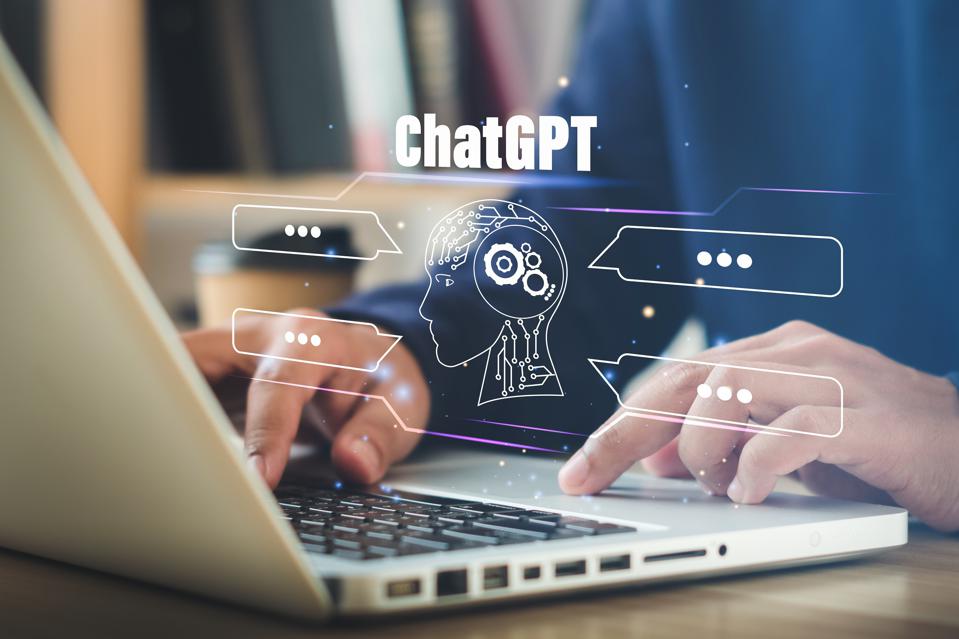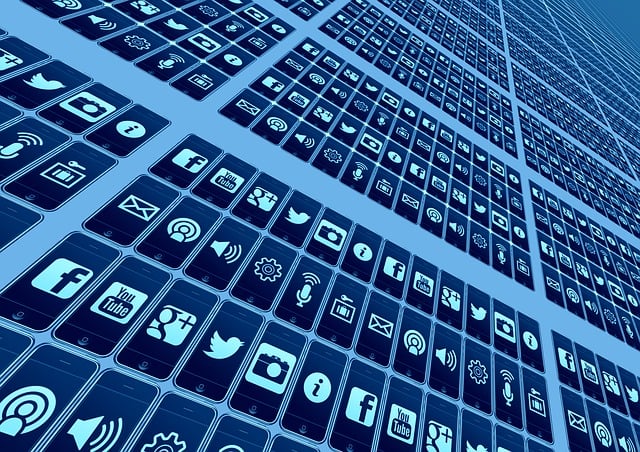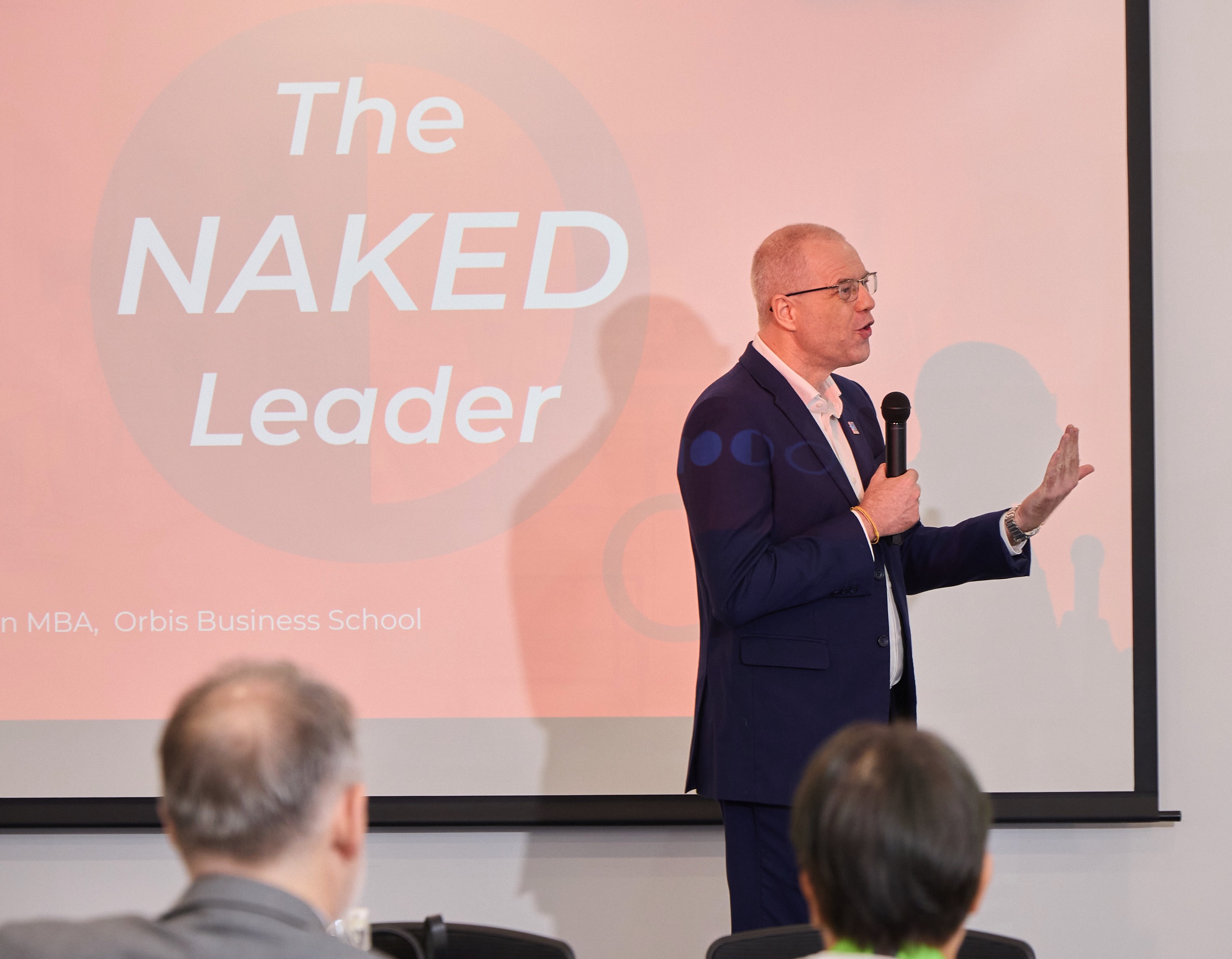Feb12

It's likely that chatbots like ChatGPT will continue to play a significant role in learning and development in 2023 and beyond. There are a few ways in which chatbots can impact this field:
Personalized learning: Chatbots can provide personalized learning experiences by adapting to an individual's learning pace and style. For example, a chatbot can provide customized explanations, practice problems, and feedback based on a student's performance.
Accessibility: Chatbots can provide learning opportunities to individuals who may not have access to traditional education resources. For example, a chatbot can provide educational content and assessments in remote or underserved areas.
Scalability: Chatbots can scale educational resources to meet the needs of large numbers of students. For example, a chatbot can provide individualized feedback and support to thousands of students simultaneously, which would be difficult for a human teacher to do.
Continuous learning: Chatbots can support continuous learning by providing just-in-time information and resources to learners. For example, a chatbot can provide information and resources to help someone who is looking to upskill or reskill in a specific area.
However, it's important to note that chatbots like ChatGPT are not meant to replace human teachers or educators, but rather to complement and enhance their efforts in providing educational resources to students.
Recommendations for Learning and Development Professionals
Based on the impact that chatbots like ChatGPT can have on learning and development, I would recommend the following for learning and development professionals:
Embrace technology: Learning and development professionals should embrace technology and explore how chatbots can be leveraged to enhance the learning experience. This can include incorporating chatbots into existing learning programs or developing new programs specifically designed for chatbot use.
Personalize learning: Utilize chatbots to provide personalized learning experiences to students. Chatbots can help to tailor the learning experience to each student's needs and preferences.
Enhance accessibility: Use chatbots to enhance accessibility to learning resources for individuals who may not have access to traditional education resources. This can include individuals in remote or underserved areas, as well as those with disabilities or who are otherwise marginalized.
Foster continuous learning: Chatbots can help to support continuous learning by providing just-in-time information and resources to learners. Learning and development professionals should take advantage of this by developing programs that support lifelong learning and professional development.
Collaborate with technology experts: To effectively leverage chatbots, it's important for learning and development professionals to collaborate with technology experts who have expertise in artificial intelligence, natural language processing, and other related technologies.
By embracing technology and taking advantage of the benefits that chatbots can provide, learning and development professionals can help to enhance the learning experience for their students and create opportunities for continuous learning and professional development.
Keywords: Change Management, Generative AI, HR
 Testing Suez: Economics Are Driving Carriers Back Into the Red Sea
Testing Suez: Economics Are Driving Carriers Back Into the Red Sea Mastering Social Media in 2026: Optimizing Networking and Advocacy for the Digital Age
Mastering Social Media in 2026: Optimizing Networking and Advocacy for the Digital Age Friday’s Change Reflection Quote - Leadership of Change - Systemic Change Follows Failed Governance
Friday’s Change Reflection Quote - Leadership of Change - Systemic Change Follows Failed Governance Who Are You Under Pressure - And Is That the Real You?
Who Are You Under Pressure - And Is That the Real You? LinkedIn Voice for Sales
LinkedIn Voice for Sales